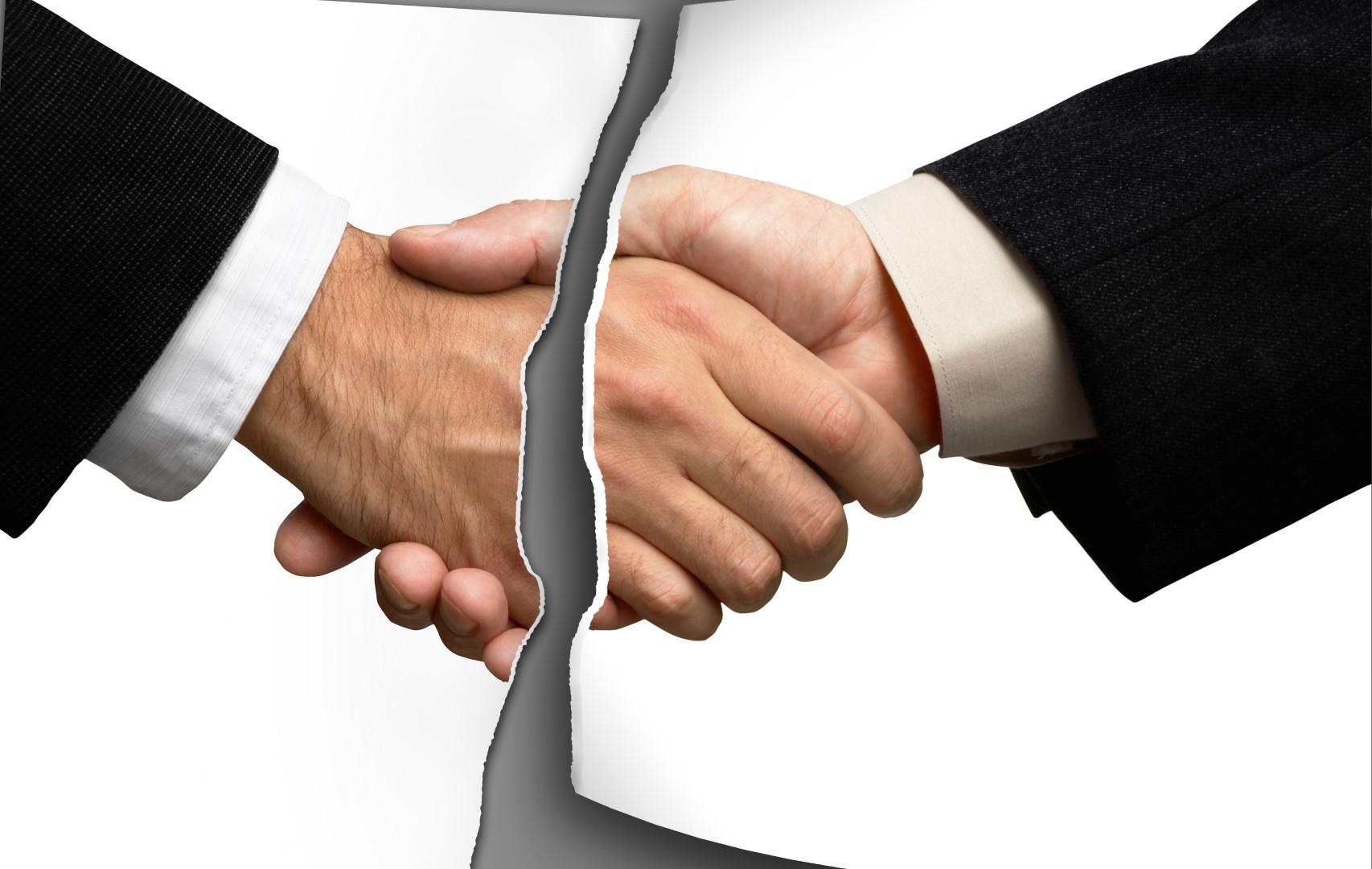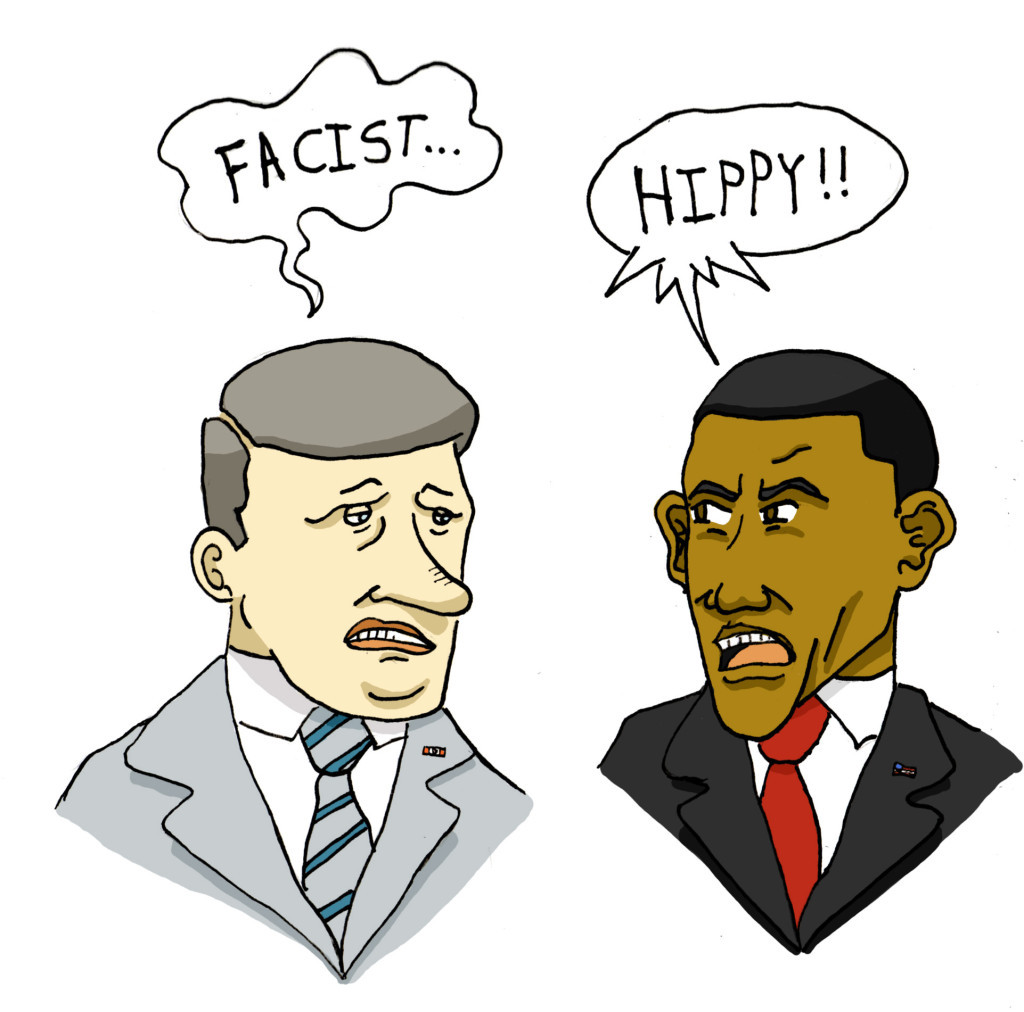
The hurdles in achieving agreeability in the current political climate
By Janis McMath, Editor-in-Chief
Today only 32 percent of people expressed a mostly equal number of liberal and conservative stances; in 2004, nearly 50 percent of people had a balance of liberal and conservative views.
The numerous protests, violent clashes, and calls to destroy biased media from both sides clearly speak to the political polarization of our generation. In a 2017 study of thousands of Americans, nonpartisan think tank Pew Research looked to answer the question of how polarized the public has become. Pew Research found that only 32 percent of people expressed a mostly equal number of liberal and conservative stances; in 2004, nearly 50 percent of people had a balance of liberal and conservative views.
The same study found that, previously, Republicans and Democrats experienced more of an ideological overlap. On their 10-question survey, Pew Research asked a range of questions to gauge how conservative or liberal a person is (e.g., “Government regulation of business does more harm than good” is a Republican answer and “Government regulation of business is necessary to protect public interest” is a Liberal answer). Their 1994 study found that just 64 percent of identified Republicans were answering in a more conservative way than the average Democrat—and 70 percent vice versa. Now, however, the average Republican is 97 percent more conservative than the Democrat; the average Democrat is 95 percent more liberal.
It seems Americans are becoming more politically predictable and in line with the stereotypical values of their two big parties—and Canadians are no different. A McGill University study found that Canadians did not make significant distinctions in their views of politicians from the opposite party and their followers; this is significant as it shows that “polarization does not just influence people’s opinions about the parties, but also how they view ordinary Canadians.” This study also argues that the polarization witnessed stems from the rising trend of intense party loyalty.
Clearly the population has become estranged politically—and these feelings of resentment and distaste often go so far as to destroy family life and friendships. Political arguments pop up in every sphere of life now—and seeing how we are more politically distant now, how can we get along? Obviously, it’s easy to hang out with people you’re aligned with—but that luxury cannot always be afforded. Additionally, it becomes too easy to stagnate in your echo chamber of those you’re aligned with, and that is frankly terrible. School, work, volunteering, and social engagements usually force you to meet, work, and collaborate with people you disagree with. And it is necessary for these places to allow different ideologies; for example, a workplace or a school cannot succeed without multiple perspectives and talents contributing to it.
This is where the concept of “agreeing to disagree” holds value; without a degree of agreeability, one cannot meaningfully navigate debates (and life at whole). Agreeing to disagree is predicated on the belief that those who think differently likely have something valuable to contribute that you cannot contribute yourself. This optimistic belief is essential for success if we are all to live in this incomprehensibly diverse world. Of course, agreeing to disagree with someone with destructive values is not encouraged. Each individual needs to develop their own sense about how far to go with accepting different perspectives—but the obvious need for balance is looming. It has become too easy to “other” those that are misaligned with us, and that results in crap for all of us. Our shared struggles only grow if we don’t strive to be cordial in our debates and discussions for solutions.

